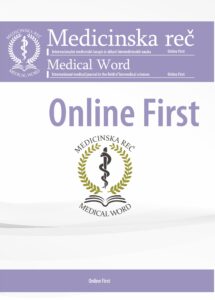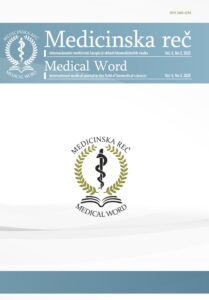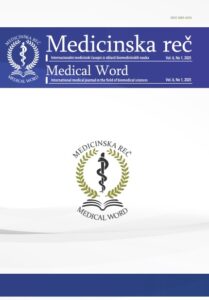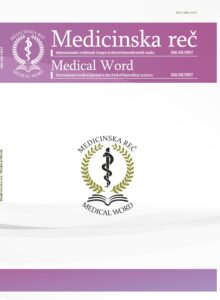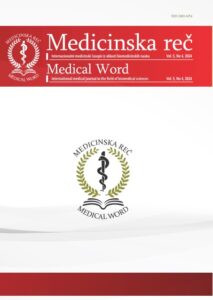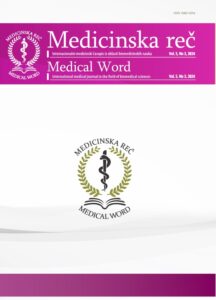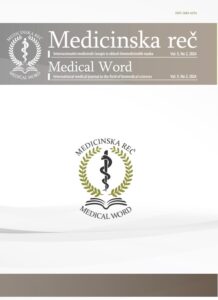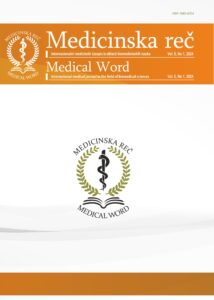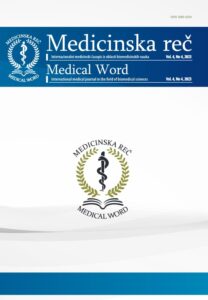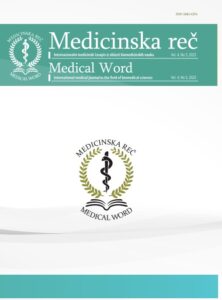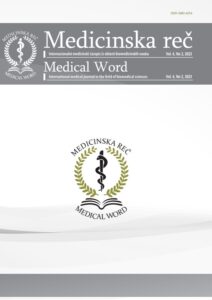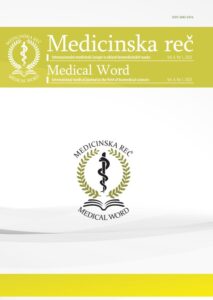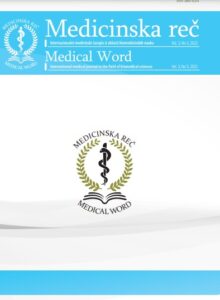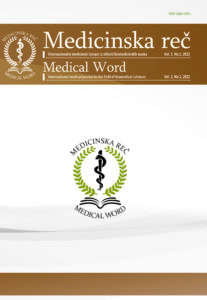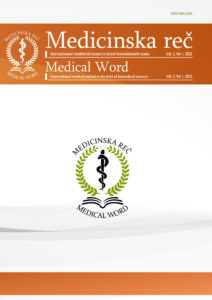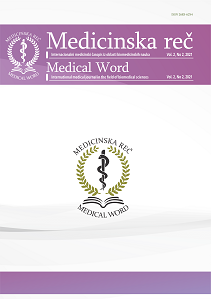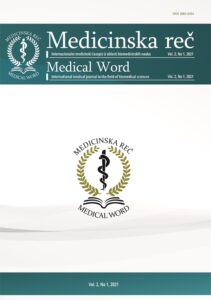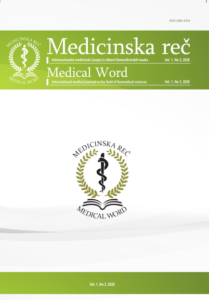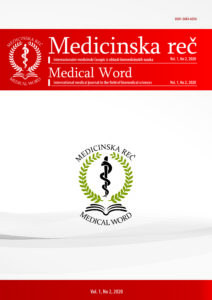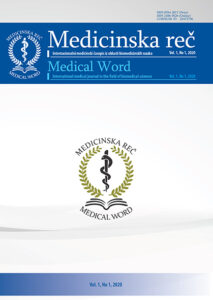Editorial policy
Editorial responsibilities
The Editorial Board of the journal makes the final decision on which papers will be published and in what order. The editor-in-chief is guided by editorial policies when making decisions, taking into account defamation laws, copyright infringement and plagiarism, excluding the racial, gender, religious, ethnic or political prejudice.
The editor-in-chief, as well as the members of the Editorial Board, must not have any conflict of interest regarding the papers that are taken under consideration. The editors of the journal are obliged to timely report the existence of any conflict of interest.
The editors and the members of the Editorial Board must not use unpublished material from the submitted papers for their research. They must ask the author for their written permission. They have to keep all the information and ideas as confidential and it is strictly prohibited to use them for their personal gain.
The editors and the members of the Editorial Board must take certain measures to keep the reviewers’ identity unknown for the authors before, during and after the review process.
Authors’ responsibilities
The authors, by their signed statement, guarantee that the manuscript represents their original contribution, that it has not been published before and that it is not considered for publication in another journal. Submitting the same manuscript to multiple journals is a breach of ethical standards and such paper is immediately excluded from any further consideration. The authors bear the responsibility for the contents of the manuscript and they are required to obtain the consent of all subjects or institutions directly involved in the research. They are also required to list all the other authors who significantly contributed to the content of the manuscript. If the other subjects who are not the authors participated in the research project they have to be listed in the special remark or thank-you letter.
Resolving ethical dilemmas
Any individual or institution may report findings of ethics violations and other irregularities to the Editor-in-Chief or Editorial Board and provide credible information so that the investigation can be initiated. In this case, the Editor-in-Chief makes the decision to initiate an investigation during which all the evidence is considered confidential and presented only to those who are directly covered by the case. The suspected copyright infringer is given the opportunity to respond to the allegations made. If it is determined that an irregularity has actually taken place, it will be assessed whether it is a minor misconduct or a violation of ethical standards.
If a minor misconduct is identified, the problem is solved directly in communication with the authors and reviewers, without the involvement of the third parties. A warning letter (which points out that a minor offense was committed) is sent to the authors and/or reviewers, or the correction of the paper is published. If it is determined that a mistake was made by the editorial board, an erratum is published.
If it is determined that this is a violation of ethical standards, the following measures should be taken: publication of a statement or editorial describing the case of violation of ethical standards, sending a notice to the executives or employers of the author and/or the reviewer, withdrawing the published paper in accordance with the procedure, prohibiting authors from submitting papers to the journal over a period of time, informing relevant professional organizations or competent authorities about the case so that they can take appropriate action. These measures can be applied individually or simultaneously.
Plagiarism
Plagiarism can be defined as:
- the act of literally taking or deliberately paraphrasing (in order to conceal the plagiarism) other author`s texts without any indications of the source or marking the copied fragments (for example, by using quotation marks).
- copying pictures, data or graphs from other papers without any indications of the source or the authors` permission
The journal ‘’Medical Word’’ strictly prohibits plagiarism. Plagiarized papers will not be published. Papers with clear indications of plagiarism will be automatically rejected and authors will be permanently or temporarily prohibited from publishing in the journal. If it is determined that the paper published in the journal is plagiarism, the paper will be withdrawn in accordance with the procedure and the authors will be permanently or temporarily prohibited from publishing in the journal.
The published papers withdrawal
The published paper must be withdrawn in case of the violation of the publishers` rights, copyright holders or authors, breach of professional ethics, in the case of submitting the same paper to the multiple journals at the same time, manipulation of the date for fraudulent purposes and other cases of violation. The published paper may also be withdrawn so that all the subsequently identified errors can be corrected.
The withdrawn paper takes the form of a separate paper, which is presented in the form of a notebook and it is classified editorially as Revocation. In SCIndeks, as a full-text home base, a two-way link (HTML link) is established with a withdrawal notification.
A disclaimer
The views expressed in the published papers do not represent the views of the editors and members of the journal Editorial Board. The authors take legal and moral responsibility for the ideas presented in their papers. The publisher will not be liable for any damage claims.


